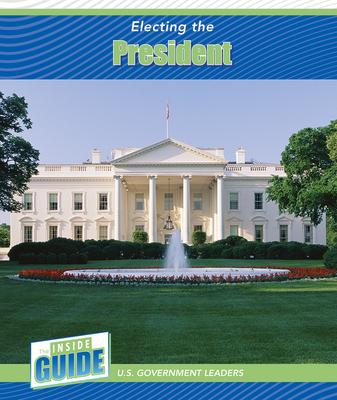
description
ew of
space policy in the United States This
book provides readers with the first comprehensive overview of major space
policies in the United States and a framework through which to analyze them. It
examines all facets of space policy--civilian, military, and commercial--and
presents this material accessibly for use by readers at multiple levels, from undergraduate
courses to government practitioners making and implementing policy. The
first section offers a history of space exploration, focusing on the US
within a global context. The second section looks at the actors and
institutions involved in setting space policy in a government based on the
separation of powers, including the president, Congress, NASA, and the
Department of Defense. The book concludes with chapters on the different
sectors of space policy, as well as questions this field will face in the future.
As
policymakers and business leaders become increasingly aware of the everyday
systems that depend on space technologies, such as communications, mapping, and
weather monitoring, and as space becomes a more visible arena for commercial
competition, potential humanitarian gain, and military threats, Space Policy
for the Twenty-First Century helps students and professionals navigate the
complexity of space as a policy area.
space policy in the United States This
book provides readers with the first comprehensive overview of major space
policies in the United States and a framework through which to analyze them. It
examines all facets of space policy--civilian, military, and commercial--and
presents this material accessibly for use by readers at multiple levels, from undergraduate
courses to government practitioners making and implementing policy. The
first section offers a history of space exploration, focusing on the US
within a global context. The second section looks at the actors and
institutions involved in setting space policy in a government based on the
separation of powers, including the president, Congress, NASA, and the
Department of Defense. The book concludes with chapters on the different
sectors of space policy, as well as questions this field will face in the future.
As
policymakers and business leaders become increasingly aware of the everyday
systems that depend on space technologies, such as communications, mapping, and
weather monitoring, and as space becomes a more visible arena for commercial
competition, potential humanitarian gain, and military threats, Space Policy
for the Twenty-First Century helps students and professionals navigate the
complexity of space as a policy area.
member goods
No member items were found under this heading.
Return Policy
All sales are final
Shipping
No special shipping considerations available.
Shipping fees determined at checkout.







